Getting vaccinated plays an important role in keeping us healthy, but it can be a scary and painful experience for children and a stressful time for parents.
It’s completely normal for children to feel afraid of vaccinations. While successfully navigating around a child’s fear of needles can sometimes be challenging, there are helpful strategies – including using Emla skin numbing cream – that can help make the experience easier and less stressful for everyone.
The importance of vaccinations for children
Did you know vaccinations are one of our greatest public health achievements?
When your child is vaccinated, you’re not only protecting them against serious diseases but you’re also helping to protect the more vulnerable members of your family and the community you live in – such as older people and those with health conditions or who are pregnant.
It’s natural for children to feel nervous around the idea of needles and the pain they associate with them. But as parents and caregivers, it’s important to try to manage this fear and make the experience as positive as possible so they can receive the protection they need to stay healthy.
You can find out more about vaccinating your child on the Department of Health and Aged Care website.

Tips for less stressful vaccinations
Not all children will have a problem with vaccinations, but they can be scary for some, and children can pick up if you are nervous or worried about them. Remember to try to stay calm and relaxed even if your child becomes upset.
Here are some simple before, during and after tips to help support you and your child through the vaccination process.
Before the vaccination
• If your child is old enough (4 years and older), tell them about the vaccination process in advance.
• Try to make it a positive experience, don’t use scary or negative words and try to avoid mentioning the word ‘needle’.
• Offer them a treat for after the vaccination as a reward, so they have something to look forward to.
• Be honest and avoid telling them that it will be painless or “won’t hurt at all”.
• Pack something for your child to hold or distract them with during the vaccination, such as a favourite toy, blanket or book.
If you or your child are worried about painful vaccinations, consider using a skin numbing cream or patch – such as Emla – to help prevent discomfort. Remember Emla needs to be applied at least 1 hour before the vaccination.
If your baby is less than 12 months old, the Emla skin numbing cream or patch must be removed after 1 hour. For older children, the cream or patch can be left on for up to 4 hours. All you have to do is turn up to your appointment and the nurse or doctor will remove the cream or patch just before the procedure.
During the visit

For babies and younger children
• Hold them during the vaccination.
• Talk to them calmly and let them know that everything is okay.
• Try to distract them.
• If appropriate, you can breastfeed them during the procedure.

For older children
• Encourage your child to look away from the doctor or nurse.
• Try using distraction techniques such as talking to them or playing a game to focus their attention away from the vaccination.
After the vaccination
• Continue to soothe and reassure your child after the vaccination has finished.
• Reassure them it’s okay to be scared and praise them for being brave and having their vaccination.
• Before leaving speak to the doctor or nurse about the normal responses to the vaccine you may see and how you can make your child feel more comfortable at home.
Giving your child a positive vaccination experience is important. It helps reduce their fear and worry, making the process easier and less stressful for everyone involved. Some children may remember things like the pain and worry associated with vaccinations and this may come back to haunt them when they need to get future needle related procedures.
Learn more about Emla uses for kids.

